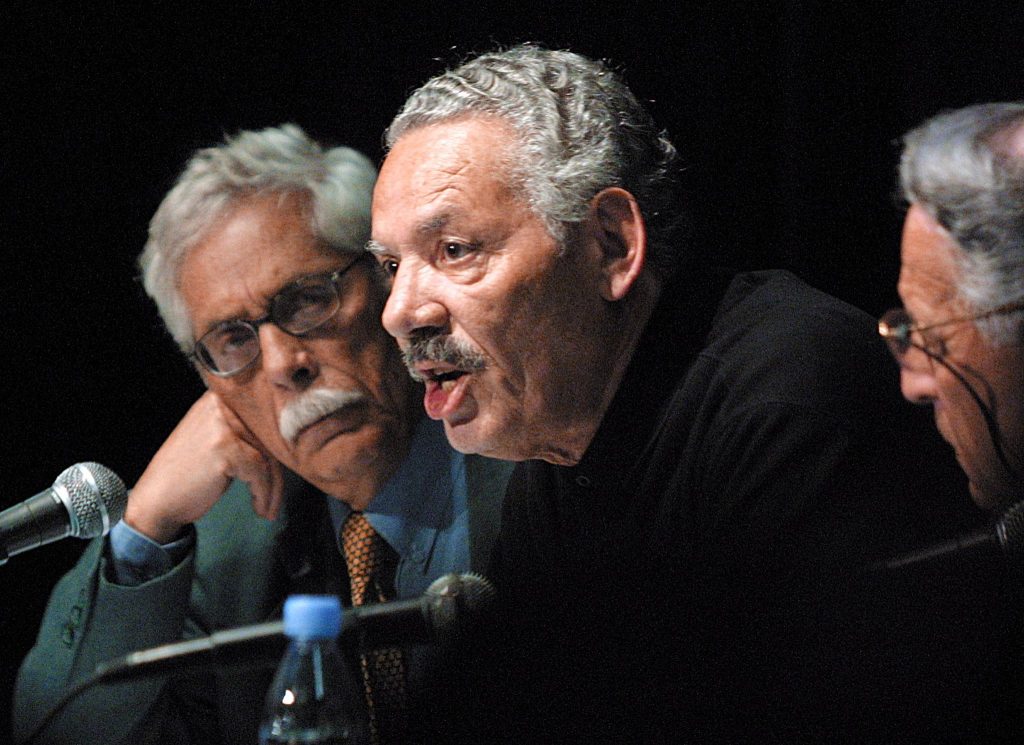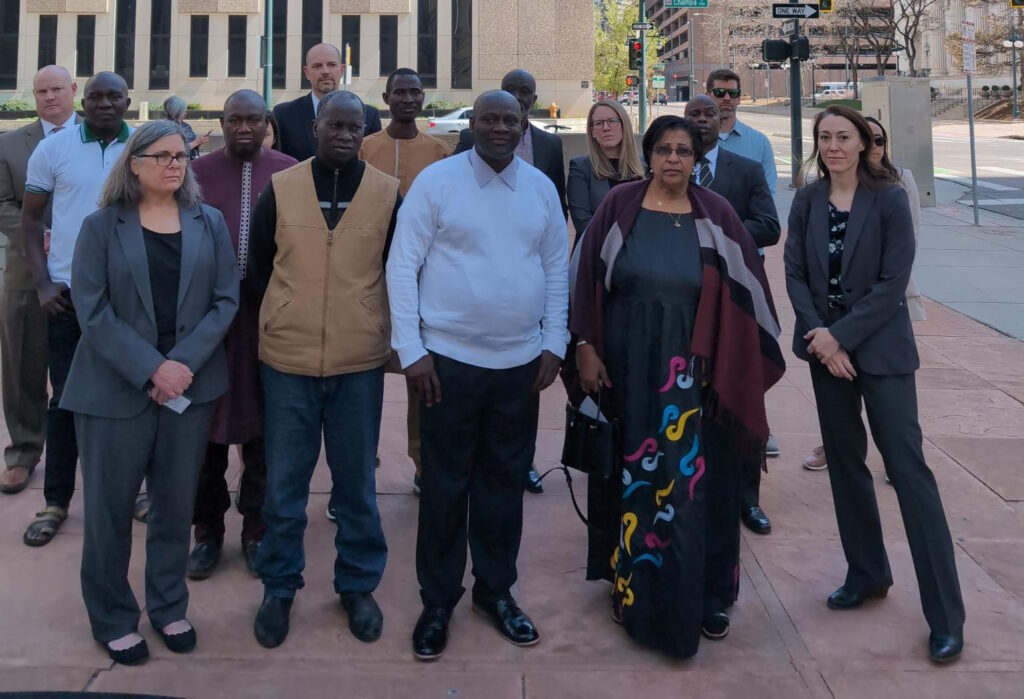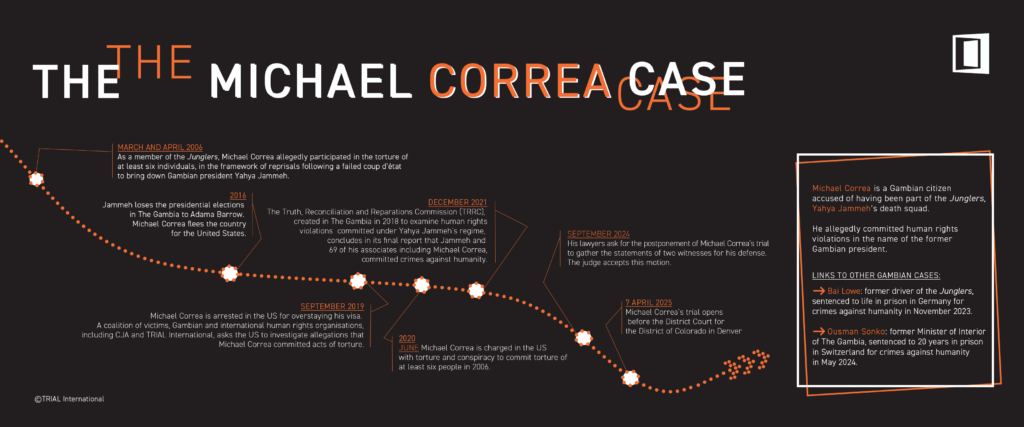United Nations Committee Against Torture Condemns Tunisia
The UN Committee Against Torture has condemned Tunisia for the abuses inflicted on Rached Jaïdane, and accuses the State of having violated the Convention Against Torture by leaving these deeds unpunished. A fundamental decision in a context where transitional justice stalls and is jeopardized by a government keen to sweep past crimes under the carpet.
In the months following the January 2011 revolution, Tunisian authorities have ceaselessly repeated that “the time for justice had come”. Victims tortured under the reigns of Bourguiba and Ben Ali were invited to file complaints, with the guarantee that no statute of limitation would stand in their way. In spite of that, the quasi-total impunity six years later is proof of the authorities’ will to bury the facts with botched trials and fallacious legal maneuvers.
The case of Rached Jaïdane – with whom the Committee has just sided against the Tunisian justice system – is a perfect case in point. A University lecturer suspected of having plotted an attack, he was arrested in 1993, tortured and condemned to 26 years imprisonment after a 45-minutes trial. Freed in 2006, he waited for the revolution to file his complaint. Supported by the OMCT’s direct assistance program SANAD and by ACAT, Rached was faced with a botched inquiry and an endlessly adjourned trial. In April 2015, the verdict came in: the judges found that that the facts fell under the statute of limitation and released the accused. Only Ben Ali received a five-year sentence as a result of a legal incoherence.
With this judgment, the Tunisian judiciary not only annihilated Rached Jaïdane’s hopes for justice, but more generally threw a led blanket on the crimes of the past that thousands of his countrymen endured.
The Committee Against Torture rendered its decision following a complaint filed by ACAT and TRIAL International. It goes against this verdict and has significant implications for the Tunisian judiciary. While reminding Tunisia of “the obligation (…) to impose on the authors of torture penalties proportionate to the gravity of their act”, the Committee:
- Indicates that the Tunisian judiciary cannot uphold the statute of limitation as it has done in the Jaïdane case;
- Demands that, should the judges be unable to legally qualify the torture committed before 1999 (when the crime was inserted in the Criminal Code), a qualification be found reflecting the gravity of the deeds and allowing prosecution.
This is a clear call to end the impunity that both inflicts sufferings to the victims and gives a blank check to Tunisian security forces, which continue to frequently resort to torture and ill-treatments.
ACAT, the OMCT and TRIAL International call on the Tunisian state to honor its international obligations and take all necessary measures to enact the decision rapidly. Rached Jaïdane hopes it will “finally restore the truth. This decision is a first victory against impunity and the first step in the long way towards my rehabilitation. I hope that the Committee will help be recover my rights and condemn my torturers.”
ACAT (Action by Christians for the Abolition of Torture)
OMCT (World Organization Against Torture)
Read also:
Rached Jaïdane : victim of torture








